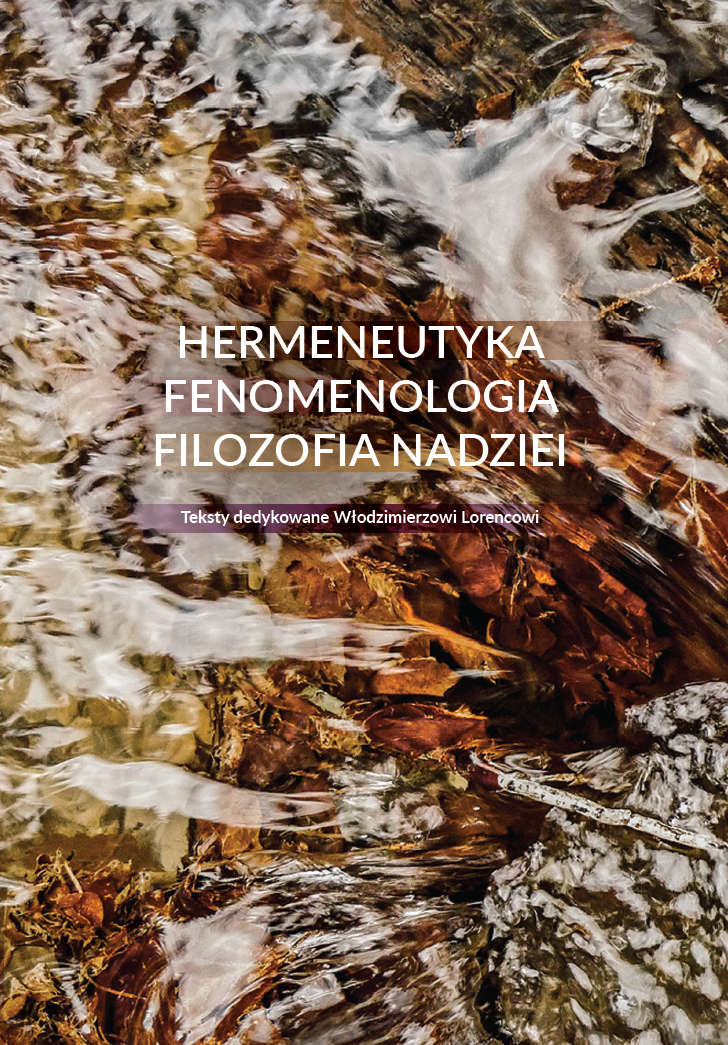O wolności w filozofii Jana Patočki i Hannah Arendt
Freedom in Jan Patočka’s and Hannah Arendt’s Philosophies
Author(s): Marek Drwięga
Subject(s): Philosophy, Phenomenology, Hermeneutics
Published by: Wydawnictwa Uniwersytetu Warszawskiego
Keywords: Jan Patočka; Hannah Arendt; freedom; totalitarianism; solidarity of the shaken; plurality; ethics; good and evil
Summary/Abstract: In the paper the author would like to draw the readers’ attention to the question of freedom in the philosophies of Jan Patočka and Hannah Arendt. The analyses are situated in the context of the 20th century totalitarianisms. Patočka and Arendt were eyewitnesses and keen observers of this terrible period in history and both defended the freedom because of its significance for human beings. The Czech philosopher developed his concept of freedom in the context of “negative Platonism” and the movements of human existence to arrive at analyses of the experience of the frontline and solidarity of the “shaken”, where he emphasized the interpersonal and ethical aspect of this phenomenon. Hannah Arendt, on the other hand, started from the experience of total enslavement and absolute evil, and then developed the anthropological concept of the plurality of human individuals in the political context. She understood freedom as an inalienable property that is given with the birth of a human being, making it possible to start something new in the world, both good and evil.
Book: Hermeneutyka – fenomenologia – filozofia nadziei
- Page Range: 121-146
- Page Count: 26
- Publication Year: 2023
- Language: Polish
- Content File-PDF

